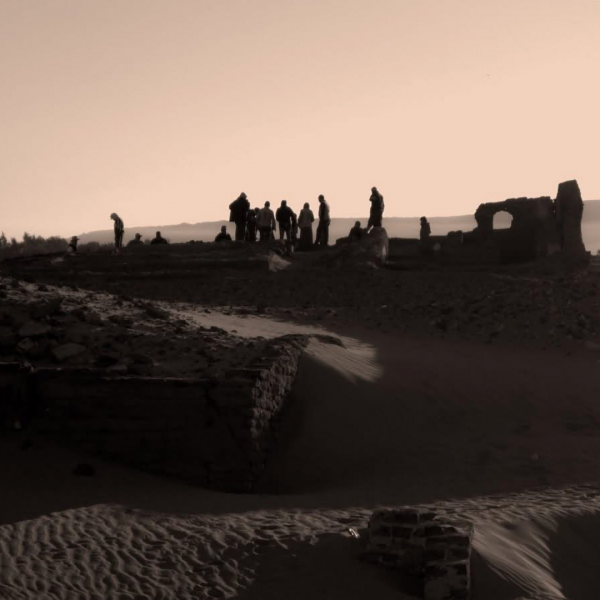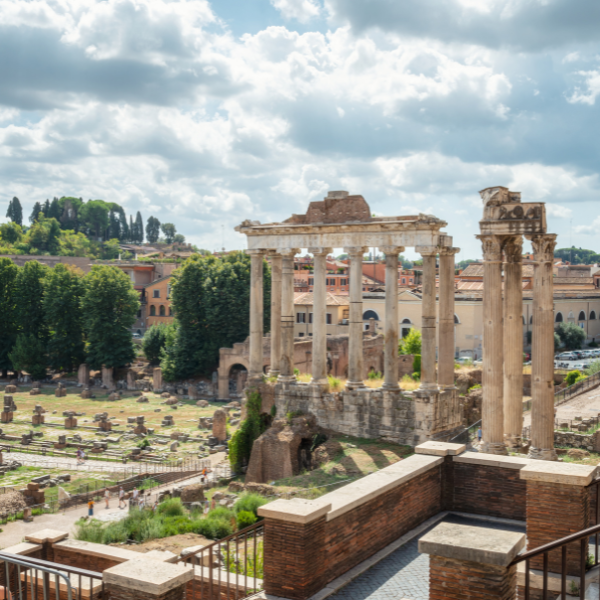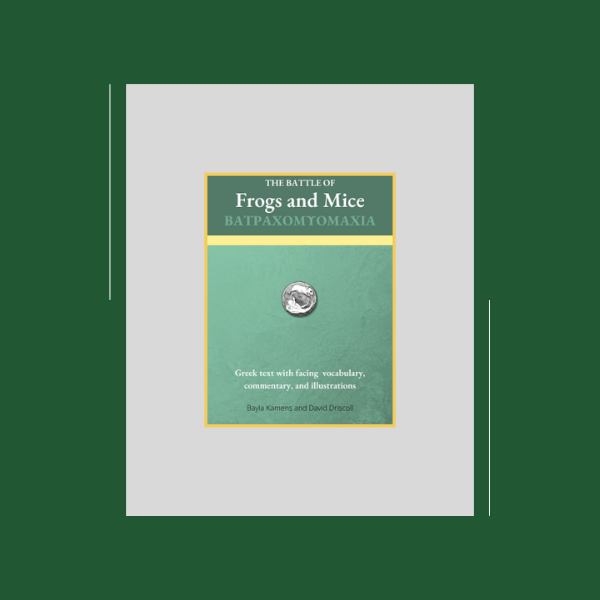Professors Nicola Aravecchia and Zoe Stamatopoulou have been awarded Faculty Fellowships from Washington University's Center for the Humanities for Spring 2021.
Professor Aravecchia's project, "Early Christianity in Egypt’s Western Desert: The Fourth-Century Church at Amheida,” is an archaeological, historical, and art historical study of a fourth-century basilica-church that his team unearthed at Amheida in Dakhla Oasis (Egypt’s Western Desert). The archaeological evidence from the church sheds light on issues key to our understanding of early Christianity, including the cultural and socio-economic context in which it flourished, the dissemination of distinctive features of Christian art and architecture, and the transformation of the built landscape that occurred with the appearance of Christianity.
Professor Stamatopoulou will work on her project on the Symposium of the Seven Sages by Plutarch, a Greek author of the Imperial Era (ca.45-ca.120 CE). This dialogue centers around a fictional banquet hosted by Periander, the legendary archaic tyrant of Corinth. Periander’s long guest-list includes the famous Seven Sages as well as two wisdom figures of a different register: Aesop the fabulist and Cleobulina, a maiden known for her riddles. A creative reception of Herodotus’ historical narrative, Plato’s works, and the long tradition surrounding the Seven Sages, Plutarch’s dialogue recounts the discussion that unfolds during that banquet as these erudite intellectuals analyze riddles, throw jokes at each other, explicate poetry, and pursue philosophical questions, such as the ideal management of the state and of the household, the nature of the divine, and the relationship between body and soul.




